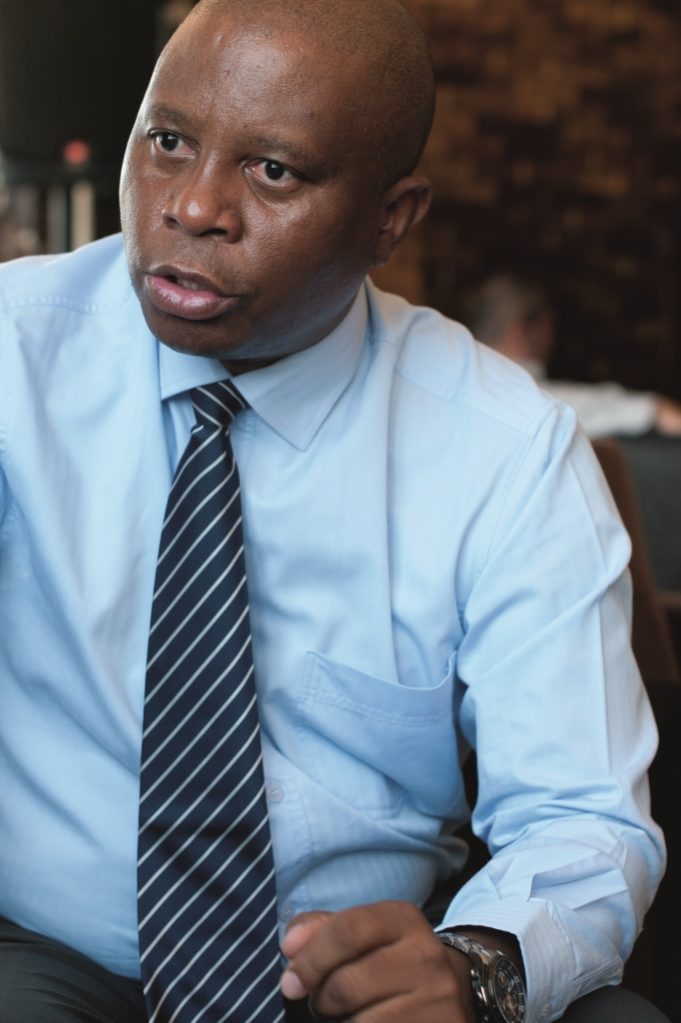In this age of trust funds, favored sons, fat corporate bonuses and bling, how refreshing it is to read of an entrepreneur who has fought his way up from the very bottom of the barrel with courage and humility.
This is the story of Herman Mashaba—who was the April FORBES AFRICA cover story—told in a colorful but straightforward way. A man who struggled to raise 25 cents every year for his school fees, who went on to make millions. It charts his fairytale rise from a person growing up in the middle of nowhere, who made his fortune with a hair-care product, Black Like Me, on his way to the black business ball. You could argue that Cinderella had it far easier.
The overall impression you are left with is that life was grim at the bottom of the heap in apartheid South Africa. Mashaba grew up in Hammanskraal near Pretoria, without electric lights or running water. These were dark days of little food, bullying teachers and draconian laws enforced by ruthless policemen. When Mashaba talks of his fear of walking past a police roadblock, you almost feel as though you are walking with him.
In telling his tale, Mashaba appears to resist the temptation to airbrush his past, as is the wont of a lot of people who have made it. He admits he took and sold drugs and says he was no angel when it came to women.
This is a story of survival and Mashaba leaves us in no doubt that he did what he had to in order to keep going: whether it be running illegal dice games, where there were stabbings every now and again, or selling stolen welding equipment to the township gangster.
As a professional storyteller, I can commend Mashaba for his straight telling of the tale. There are no frills here, or flights into fancy; it is told with an almost business-like, dead narrative that lends power to the richness of the story. He talks of his roots with warmth, but without sickly sentiment; Mashaba speaks of the injustices he faced growing up under apartheid with a quiet anger. In particular, he writes bleakly about his determined mother, Mapula, who was a poorly paid domestic worker—she virtually had to escape from the house of her employers so she could make the long journey to spend time with her children. There are also aching words over the loss of his elder brother, Pobane, who died in a car accident, and the loss of his first child after just 16 hours of life.
Mashaba also pays generous tribute to his wife of nearly 30 years, Connie, who has stuck by him on the often fraught journey from township to luxury townhouse.
In short, Mashaba took his chan-ces, refused to give in and enjoyed a lot of what he says all entrepreneurs need to make it—good luck.
This modest little book could almost be a textbook for the young and hopeful in this, the entrepreneur-themed issue of FORBES AFRICA.
